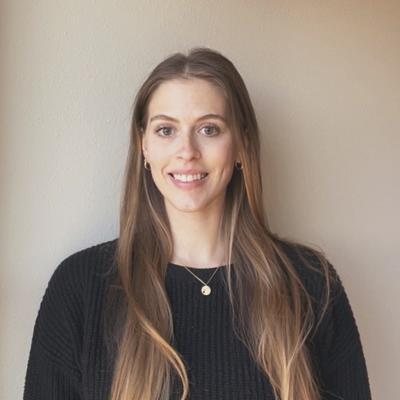Introduction to the PhenoCam Network
EDS Seminar Speaker Series. Alison Post introduces the PhenoCam Network
Title: Introduction to the PhenoCam Network
Speaker: Alison Post, Earth Lab.
Abstract:
Phenology is the study of the timing of cyclical biological events, such as when leaves emerge in the spring or change color in the fall. Since phenology heavily influences many ecosystem and climate processes, understanding seasonal vegetation patterns is critical for predicting current and future impacts of climate change on ecological systems. The PhenoCam Network (phenocam.nau.edu), established in 2008, is a network of > 700 digital cameras mounted over the plant canopies of diverse ecological systems across North America and the world that take regular images of ecosystem vegetation (~ every 30 minutes). The images, as well as an extracted metric of vegetation greenness, can be viewed and downloaded in near real-time on the PhenoCam website. Thus, the PhenoCam Network is a powerful resource for real-time monitoring of vegetation phenology and offers a crucial link between satellite imagery and on-the-ground measurements by providing remotely sensed data at a finer temporal and spatial scale. Additionally, PhenoCam can be leveraged as an innovative tool for education and outreach – students can virtually visit any site around the world to observe current conditions and seasonal patterns, and PhenoCam images can be used as compelling before-and-after visualizations to demonstrate the impacts of climate extremes on ecological systems, such as fires, floods, and droughts. For this talk, I will begin with a general overview of the PhenoCam Network, followed by a demonstration of how to access and download data from the website, as well as several examples of how the data can be utilized. I will conclude by discussing a recent project in which I used PhenoCam data to determine the climate drivers of spring green-up across diverse North American grasslands. My hope is that this introduction to the PhenoCam Network will spark new collaborations and inspire more researchers and educators to incorporate this unique dataset into their own scientific and educational endeavors.
Speaker Bio:
Alison is an ecosystem ecologist interested in how climate change impacts terrestrial ecosystems, primarily grasslands. She’s previously used large-scale field experiments to test how grasslands respond to altered precipitation patterns. Currently, she uses repeat digital photography (PhenoCam) and modeling to understand how climate influences the timing of seasonal transitions across diverse grassland ecosystems. She holds a PhD in ecology from Colorado State University and a BS in biology from the University of Maryland. She recently completed a postdoc at Northern Arizona University and is currently the Program Manager for Earth Lab.

